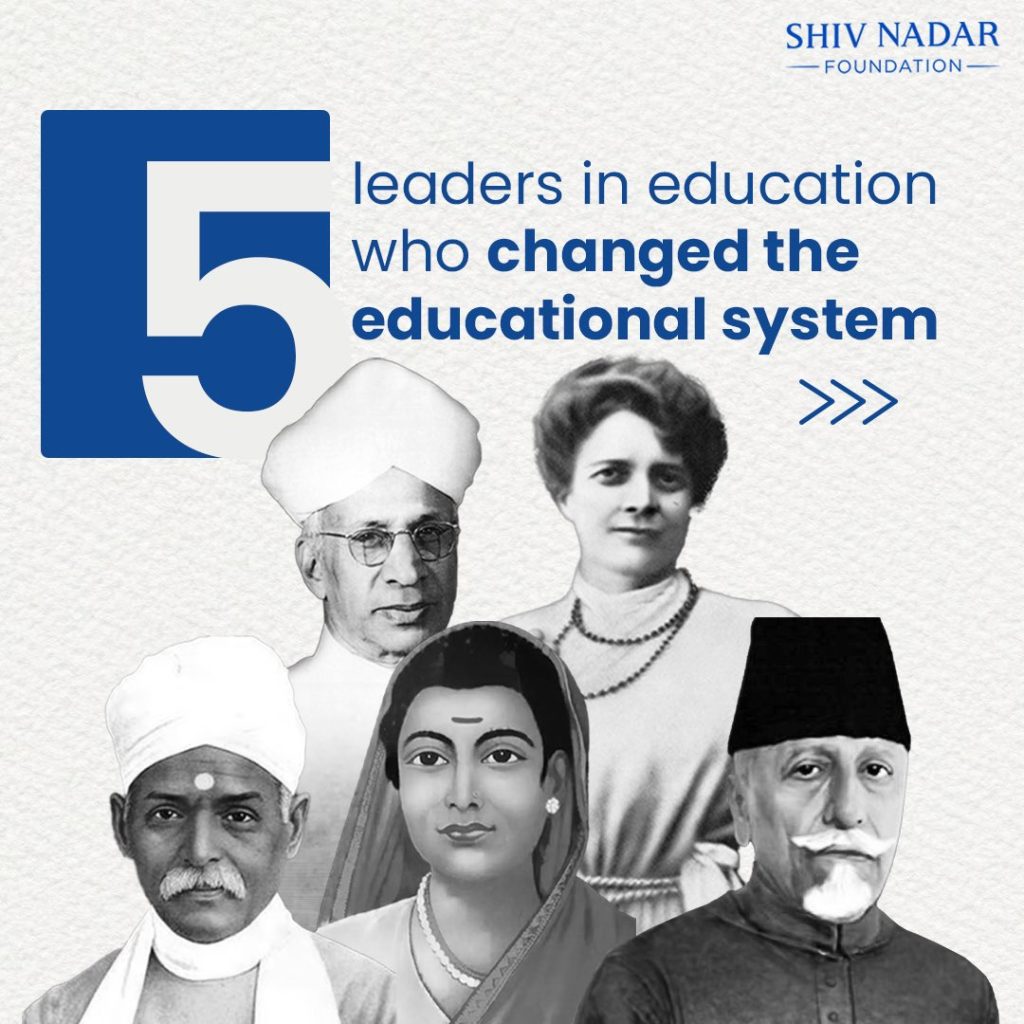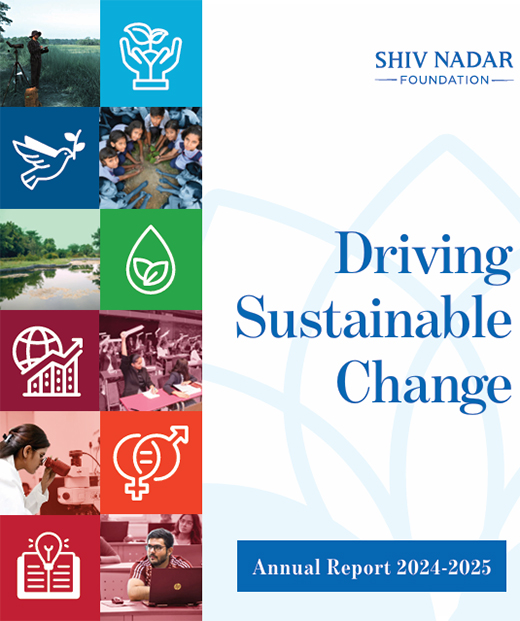Empowering Futures: Child Education in India and Sustainable Rural Development

This Teacher’s Day, we honour educators whose dedication and vision have transformed India’s education system. To drive progress, it is essential to address the challenges of rural child education in India, particularly in regions lacking quality schools. Bridging this gap encourages environmentally responsible and economically driven rural development. India’s educational landscape has changed due to the pioneering work of educators who have championed women’s and rural development.
Legends of Indian Education: Building a Legacy of Inclusivity and Progress
The transformation of Indian education has largely depended on pioneers like Maulana Abul Kalam Azad, Dr. Sarvepalli Radhakrishnan, and Savitribai Phule. Savitribai Phule advanced the cause of education for women and marginalized communities by establishing Pune’s first school for girls. Radhakrishnan championed holistic education, which he saw as essential for rural development by fostering moral, intellectual, and spiritual growth. As India’s first Education Minister, Azad introduced free and mandatory primary education and established influential institutions like IITs and UGC, ensuring widespread access to quality education. Their groundbreaking efforts drive sustainable development and open doors for future generations.
The Challenge of Child Education in Rural India
Despite the advances achieved by these remarkable educators, child education in India continues to confront substantial challenges. Due to poor infrastructure, inexperienced teachers, and limited resources, many children still lack access to basic education. This educational disparity not only perpetuates poverty but also hampers the overall development of rural communities. However, history shows that investing in education is key to overcoming these barriers and ensuring long-term development. By prioritising improvements in rural education, the nation can address pressing socioeconomic issues and ensure sustainable growth for future generations.
Initiatives Leading the Change
Organisations such as the Shiv Nadar Foundation are making significant strides in rural education by integrating technology-driven lessons and providing scholarships. These initiatives are crucial for offering rural children equal opportunities and narrowing the educational divide between rural and urban areas. By implementing innovative solutions, these efforts not only enhance educational access but also promote sustainable rural development, underscoring the transformative impact of modern approaches in education.
A Bright Future Through Education
The transforming effect of rural education has been demonstrated by trailblazing educators. If rural children have access to high-quality education, they can lead better lives, support local businesses, and promote environmental sustainability. Adequate investment in education has the potential to eradicate poverty and pave the way for a more equitable and prosperous future for India. Long-term national development depends on empowering rural children through access to quality education.














